[SOURCE: Stop Big Media, AUTHOR: Jessica Gonzalez] 5/24/10
Arizona’s recent passage of “SB 1070″ is spurring controversy and causing some to go so far as to urge that “all good patriots” should “protect themselves against the dangerous invaders” and “lock and load.” Unfortunately, this type of rhetoric, which repulses most people regardless of their feelings toward immigration, is growing all too common in new and old media alike.
At the National Hispanic Media Coalition (“NHMC”), we have been tracking hate speech against Latinos and other vulnerable groups for several years now. In January of 2009, prompted by an FBI-documented 40% increase in hate crimes against Latinos, we filed a petition for inquiry on hate speech in media with the Federal Communications Commission. Our petition urges the FCC to examine the extent and effects of hate speech in media, including the likely link between hate speech and hate crimes, and to explore non-regulatory ways to counteract its negative impacts.
For over a year now, the FCC has failed to address NHMC’s concerns on this very serious and important issue. In the mean time, countless people have suffered violent, and sometimes deadly, hate crimes. Hate, extremism and misinformation have been on the rise, and even more so in the past few weeks as some around the nation have spread hate through media in response to Arizona’s passage of one of the harshest pieces of anti-Latino legislation in this country’s history. On May 6th Juan Varela was killed by his neighbor in Phoenix, AZ, reportedly due to the tensions surrounding SB 1070.
To address the mounting hostility facing the Latino community, earlier this month NHMC filed comments in the FCC’s proceeding on the Future of Media and Information Needs of Communities in the Digital Age. Joined by 32 national and regional organizations from throughout the country, including Free Press, we reiterated and reinforced the need for the FCC to act on our petition.
NHMC’s comments explain how the current media landscape is a safe haven for hate and extremism. People do not have the information they want and need to meaningfully engage in our democracy, and this shortage of information is exacerbated by the vast media consolidation that has unfolded over the past two decades. Studies show that media consolidation diminishes ownership opportunities for people of color and leads to less diversity of voices; this yields a media in which people of color are under and misrepresented. As traditional media have become less diverse and less competitive, they have also grown less responsible and less responsive to the communities that they are supposed to serve. In this same atmosphere hate speech thrives, as hate has developed as a profit-model for syndicated radio programs and cable television masquerading as “news.”
Although the Internet gives the illusion that news sources have increased, in fact there are fewer journalists employed now than before its inception. Moreover, on the Internet, speakers can hide in the cloak of anonymity, emboldened to say things that they may not say in the public eye. Even worse, sometimes anonymous Internet speakers hold their information out as news, leaving the public with the difficult job of discerning fact from fiction.
For these reasons, NHMC and its allies urge that as the Commission deliberates how the public interest will be served in the digital age, that it consider the extent of hate speech in media, and its effects on our safety and democracy.
]]>